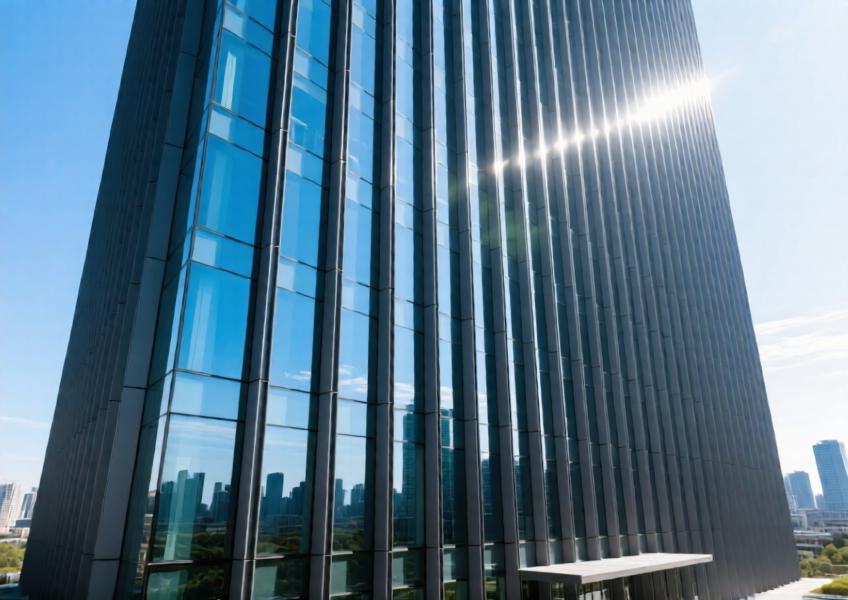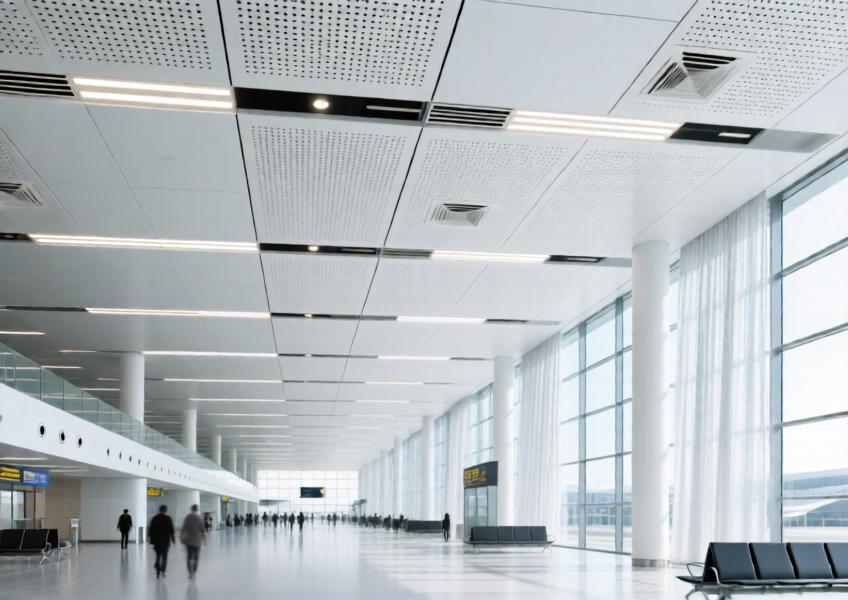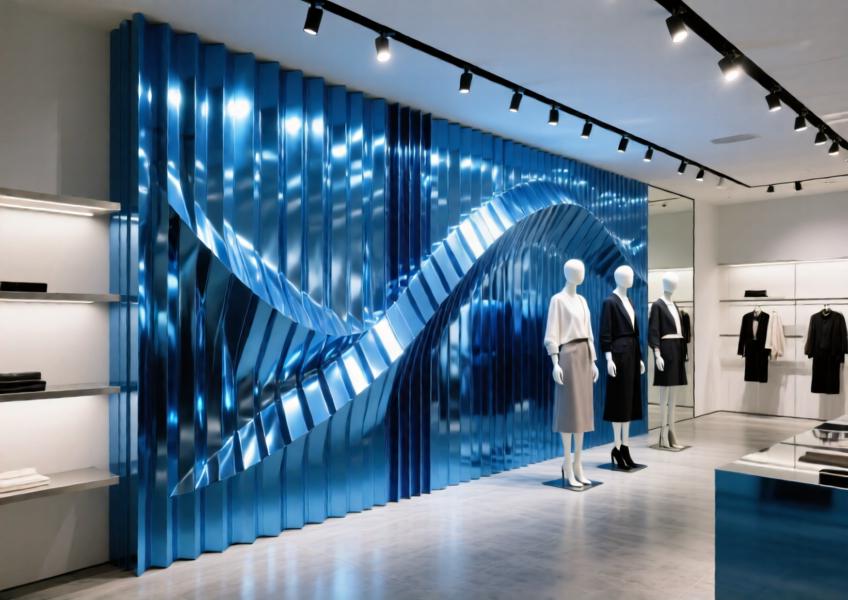

In the realm of modern architectural design, the fusion of aesthetics and functionality has become paramount, particularly when it comes to wall and ceilings. Aluminum curtain walls, aluminum ceilings, and aluminum decorative materials have emerged as preferred choices for architects and designers seeking to create visually striking yet durable spaces. These materials not only elevate the visual appeal of interiors and exteriors but also offer practical benefits that align with contemporary building standards.
Aluminum curtain walls are redefining the way buildings interact with light and space. Their lightweight yet robust nature allows for expansive glass facades that maximize natural light while maintaining structural integrity. For instance, in high-rise commercial buildings, curtain walls crafted from precision-engineered aluminum profiles provide thermal insulation and wind resistance, contributing to energy efficiency and occupant comfort. Their modular design also simplifies installation, reducing construction time and labor costs.

Equally transformative are aluminum ceilings, which blend elegance with performance. In spaces like airports, shopping malls, and office lobbies, perforated aluminum ceiling panels offer acoustic control without compromising on style. Their ability to integrate seamlessly with lighting, HVAC systems, and fire safety components makes them a versatile solution for complex architectural environments. A recent renovation project at a metropolitan convention center showcased how custom-colored aluminum ceilings enhanced spatial perception while meeting stringent safety and sustainability criteria.

Aluminum decorative materials further expand the creative possibilities for designers. From intricate wall claddings to geometrically patterned partitions, these elements add texture and depth to both residential and commercial interiors. An upscale boutique in Tokyo, for example, utilized anodized aluminum panels with a brushed finish to create a shimmering feature wall that reflected ambient lighting dynamically throughout the day.

Ultimately, the strategic use of aluminum in wall and ceilings design empowers architects to push boundaries—crafting spaces that are not only visually captivating but also resilient, adaptable, and aligned with evolving environmental standards.